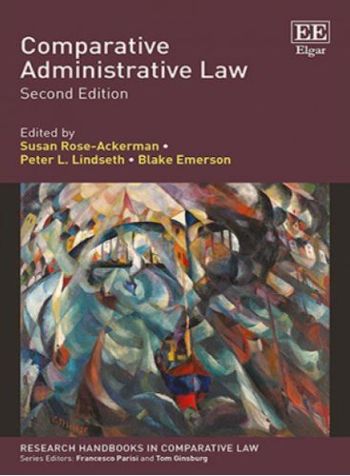
A comprehensive overview of the field of comparative administrative law that builds on the first edition with many new and revised chapters, additional topics and extended geographical coverage. The handbook's broad, multi-method approach combines history and social science with more strictly legal analyses.
This new edition demonstrates the growth and dynamism of recent efforts - spearheaded by the first edition - to stimulate comparative research in administrative law and public law more generally, reaching across different countries and scholarly disciplines.
A particular focus is on administrative independence with its manifold implications for separation of powers, democratic self-government, and the boundary between law, politics, and policy. Several chapters highlight the tensions between impartial expertise and public accountability; others consider administrative litigation and the role of the courts in reviewing both individual decisions and secondary norms.
The volume concludes by asking how administrative law is shaping and is being shaped by the changing boundaries of the state, especially shifting boundaries between the public and the private, and the national and the supranational domains.
This extensive and interdisciplinary appraisal of the field will be a vital resource for scholars and students of administrative and comparative law worldwide, and for public officials and representatives of interest groups engaged with government policy implementation and regulation.